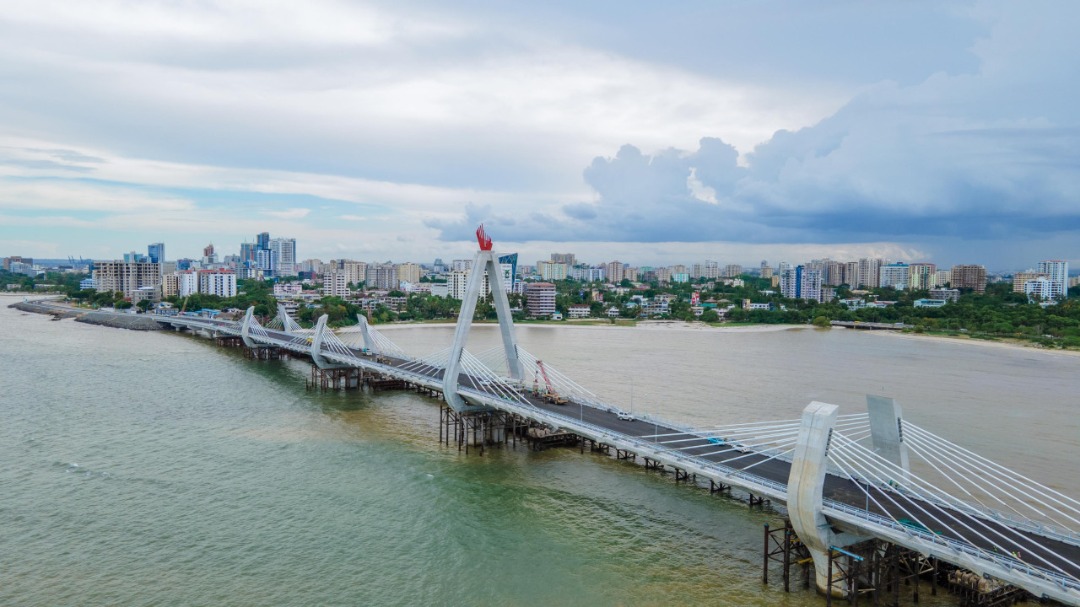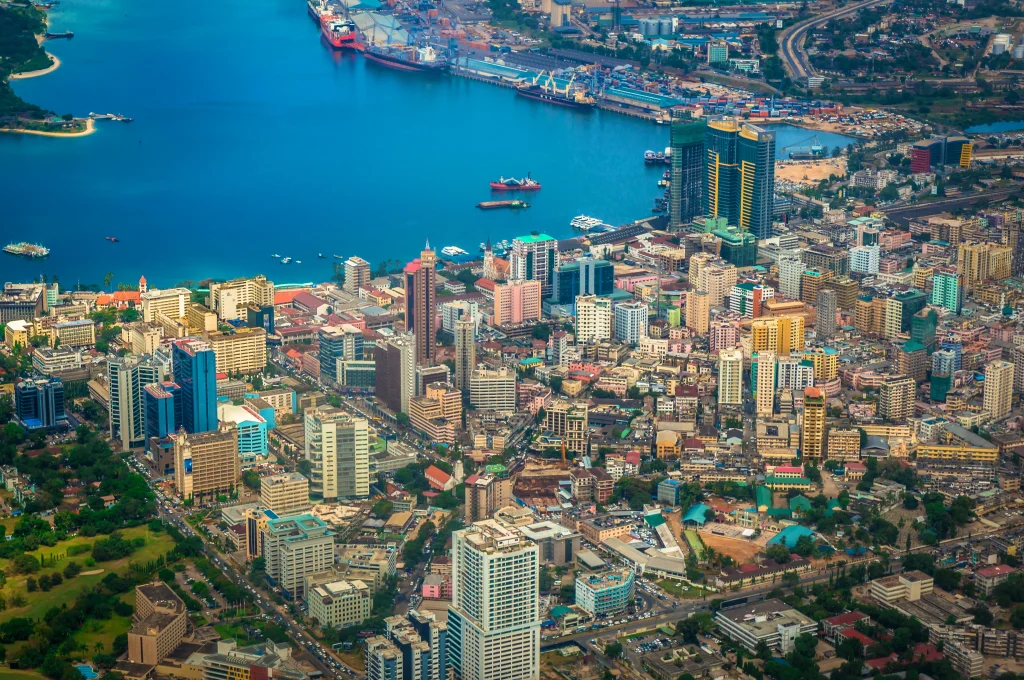

African cities could be powerful engines of growth for the continent in the coming decades if policymakers strengthen their economic potential, new research has found.
The report, titled Africa’s Urbanization Dynamics 2022: The Economic Power of Africa’s Cities, said urbanization presents immense opportunities to accelerate progress toward the realization of the 2063 development agenda and other major development goals in Africa, and to promote continental integration in the context of the African Continental Free Trade Area.
Despite the population growing by 500 million people, African cities have maintained their economic performance, providing several hundred million people with better jobs and improved access to services and infrastructure over the last 30 years.
Positive spillovers from urbanization are also spreading to rural areas, which benefit from proximity to cities, the report said.
Additionally, urbanization has driven approximately 30 percent of Africa’s per capita GDP growth in the last 20 years.
This has contributed to economic transformation in urban areas, where skilled workers account for 36 percent of the workforce versus roughly 15 percent in rural areas, as well as access to financial services.
Speaking at the virtual launch of the report on Tuesday, Edlam Yemeru, acting director of the United Nations Economic Commission for Africa’s Gender, Poverty and Social Policy Division, said Africa’s urbanization is a game-changer.
“The shift is not just demographic, but is also reshaping economic and social outcomes substantially. Cities must therefore be placed at the core of national economic policymaking,” Yemeru said.
She said Africa has a unique opportunity to get urbanization right, as most of its urban growth has not yet taken place.
Despite undergoing rapid urbanization over the past decades, Africa still has the lowest urbanization rate in the world, with less than half of the total population living in urban areas in many countries.
Jointly produced by the Organisation for Economic Co-operation and Development, the African Development Bank and the UN Economic Commission for Africa, the study covered 2,600 cities across 34 countries.
Despite the achievements recorded by Africa’s urbanization, the report said economic and political constraints continue to limit cities’ potential to contribute to economic growth and social development, noting that too many people have been left behind.
Governments should treat urbanization as an opportunity and manage it with the goal of making its benefits available to as many people as possible, the report suggests.
